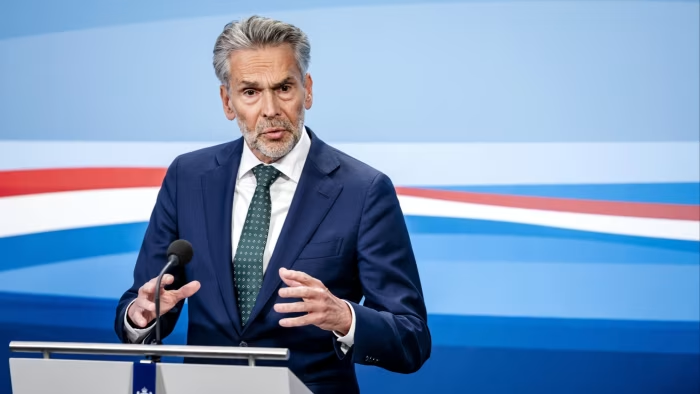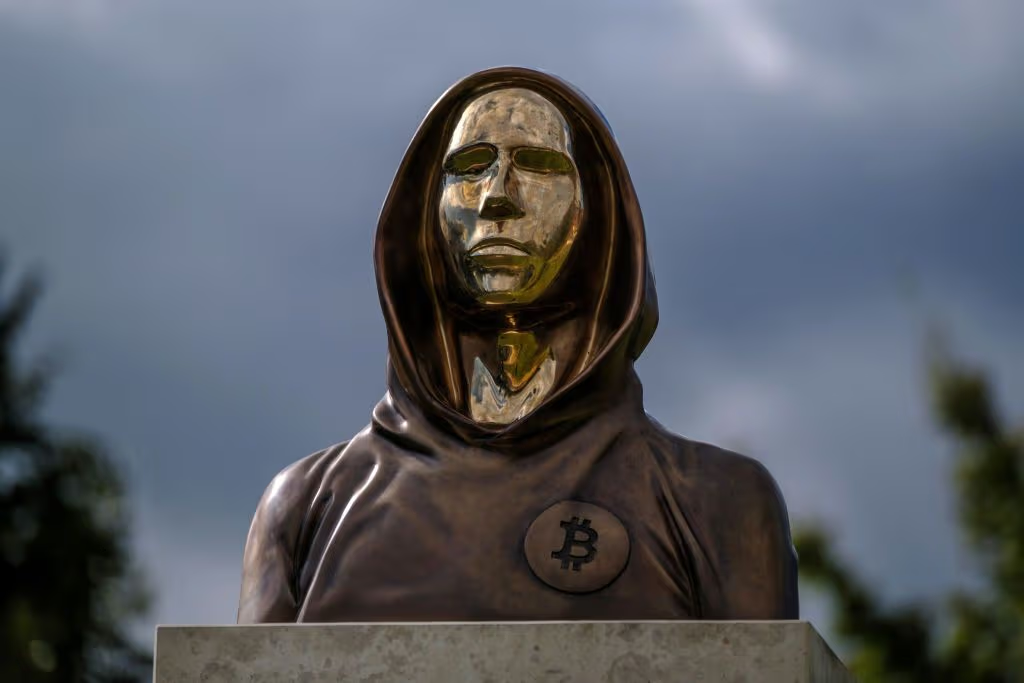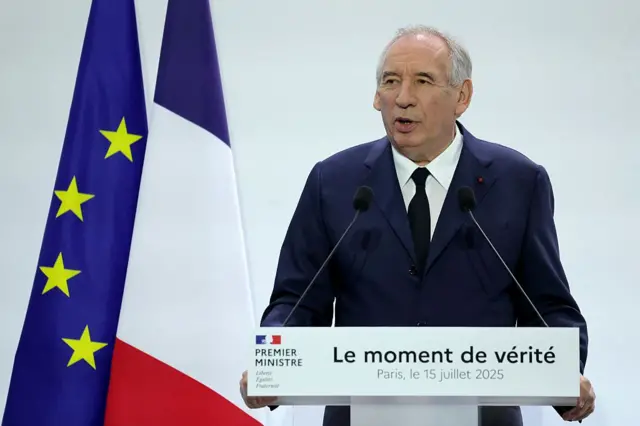Dutch Prime Minister Resigns After Far-Right Leader Wilders Quits Government

In a dramatic turn of events, Dutch Prime Minister Dick Schoof announced his resignation on June 3, 2025, following the withdrawal of far-right leader Geert Wilders and his Party for Freedom (PVV) from the ruling coalition. This move has plunged the Netherlands into political uncertainty, with snap elections now on the horizon.
The Collapse of the Coalition
The crisis erupted after Wilders, whose PVV emerged as the largest party in the 2023 elections, demanded immediate implementation of his stringent immigration policies. These included halting all asylum applications, closing refugee reception centers, and expelling Syrian refugees, arguing that the country had become safe post-Bashar al-Assad’s regime. His coalition partners—comprising the liberal VVD, the centrist New Social Contract (NSC), and the populist Farmer-Citizen Movement (BBB)—rejected these proposals, citing concerns over legality and humanitarian implications.
In response to the deadlock, Wilders withdrew the PVV ministers from the government, leading to the collapse of the coalition. Prime Minister Schoof condemned the move as “irresponsible and unnecessary,” stating that without the PVV’s commitment to the coalition agreement, governance could not continue effectively. He has since offered his resignation to King Willem-Alexander but will remain in a caretaker role until new elections are held.
Political Fallout and Public Reaction
The dissolution of the government has sparked widespread criticism across the political spectrum. Leaders from the VVD, NSC, and BBB accused Wilders of prioritizing personal ambition over national stability. Caroline van der Plas of the BBB labeled his actions as “irresponsible,” while Dilan Yeşilgöz of the VVD criticized Wilders for undermining the coalition’s unity.
Opposition parties have seized the opportunity to call for fresh leadership. Frans Timmermans, leader of the Labour-Green alliance, welcomed the government’s collapse, advocating for a change in direction to address pressing national issues such as housing shortages and climate change.
Implications for Upcoming Elections
The PVV’s exit from the coalition has set the stage for snap elections, which are expected to take place later this year. While Wilders remains a prominent figure in Dutch politics, recent polls indicate a decline in PVV’s support, with projections placing it at around 30 seats, down from 37 in the 2023 elections. This shift suggests a more competitive electoral landscape, with the Labour-Green alliance and VVD also vying for dominance.
As the Netherlands braces for a new electoral cycle, the fallout from this political upheaval underscores the nation’s deep divisions over immigration policy and governance. The upcoming elections will likely serve as a referendum on the country’s future direction, with voters choosing between the far-right’s stringent policies and the more moderate approaches of other parties.






